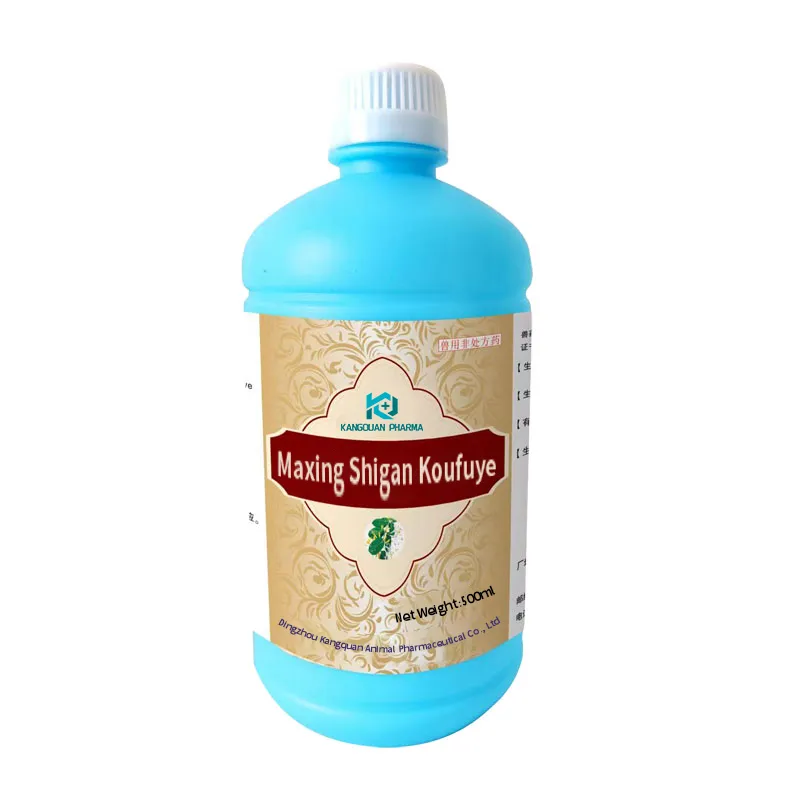- Afrikaans
- Albanian
- Amharic
- Arabic
- Armenian
- Azerbaijani
- Basque
- Belarusian
- Bengali
- Bosnian
- Bulgarian
- Catalan
- Cebuano
- Corsican
- Croatian
- Czech
- Danish
- Dutch
- English
- Esperanto
- Estonian
- Finnish
- French
- Frisian
- Galician
- Georgian
- German
- Greek
- Gujarati
- Haitian Creole
- hausa
- hawaiian
- Hebrew
- Hindi
- Miao
- Hungarian
- Icelandic
- igbo
- Indonesian
- irish
- Italian
- Japanese
- Javanese
- Kannada
- kazakh
- Khmer
- Rwandese
- Korean
- Kurdish
- Kyrgyz
- Lao
- Latin
- Latvian
- Lithuanian
- Luxembourgish
- Macedonian
- Malgashi
- Malay
- Malayalam
- Maltese
- Maori
- Marathi
- Mongolian
- Myanmar
- Nepali
- Norwegian
- Norwegian
- Occitan
- Pashto
- Persian
- Polish
- Portuguese
- Punjabi
- Romanian
- Russian
- Samoan
- Scottish Gaelic
- Serbian
- Sesotho
- Shona
- Sindhi
- Sinhala
- Slovak
- Slovenian
- Somali
- Spanish
- Sundanese
- Swahili
- Swedish
- Tagalog
- Tajik
- Tamil
- Tatar
- Telugu
- Thai
- Turkish
- Turkmen
- Ukrainian
- Urdu
- Uighur
- Uzbek
- Vietnamese
- Welsh
- Bantu
- Yiddish
- Yoruba
- Zulu
8 月 . 09, 2024 05:30 Back to list
Optimal Albendazole Dosing Guidelines for Goat Health and Parasite Control in Veterinary Practice
Dosage of Albendazole for Goats Guidelines and Recommendations
Albendazole is a broad-spectrum anthelmintic medication that is widely used in veterinary medicine to treat parasitic infections in livestock, including goats. These infections can significantly impact the health, growth, and productivity of goats, making effective deworming practices essential for any goat owner. Understanding the appropriate dosage of albendazole for goats is crucial for ensuring efficacy and minimizing the risk of resistance development.
Importance of Deworming
Goats are susceptible to a range of internal parasites, including nematodes, trematodes, and cestodes. Common parasites include Haemonchus contortus (barber pole worm) and Ostertagia spp., which can cause anemia, weight loss, and even death in severe cases. Effective deworming helps maintain the health of the herd, supports optimal weight gain, and improves overall productivity, including milk and meat production.
Albendazole Overview
Albendazole works by inhibiting the polymerization of tubulin, a protein essential for various cellular functions in parasites, leading to their eventual death and expulsion from the host. It is effective against a wide range of parasites, making it a preferred choice in many goat farming operations.
Recommended Dosage
The recommended dosage of albendazole for goats can vary based on the specific product formulation. However, a general guideline suggests a dosage of 10-15 mg/kg of body weight administered orally, which can be repeated every 3-4 weeks if necessary, depending on the intensity of the parasitic load and environmental conditions.
It is crucial to weigh goats accurately to ensure the correct dosage, as underdosing can lead to ineffective treatment and contribute to the development of drug-resistant parasites. For practical application, many producers use a livestock scale to ensure precise dosing or estimate weights using a weigh tape.
dosage of albendazole for goats

Administration Methods
Albendazole is typically available in various formulations, including liquid suspensions, paste, and boluses. The choice of formulation may depend on the individual goat’s preference and the producer’s management practices. Liquid formulations can be easier to administer to goats that are accustomed to drinking from a trough or bucket, while pastes may work well for those that can be individually dosed.
When treating a herd, the entire population should be dewormed simultaneously to prevent reinfestation. It is also advisable to monitor the goats’ response to treatment closely, looking out for any signs of adverse reactions such as vomiting or diarrhea, which may indicate sensitivity to the medication.
Resistance Management
One of the significant challenges in parasitic control is the development of resistance to anthelmintic drugs. To mitigate this risk, goat owners should implement an integrated approach to parasite management. This may include rotating anthelmintic classes, utilizing strategic deworming schedules based on fecal egg counts, and practicing good pasture management to reduce parasite load.
Regularly evaluating the efficacy of the treatment through fecal testing can help determine if the chosen dewormer is still effective or if a change in strategy is required.
Conclusion
The proper dosage of albendazole is a critical component of an effective parasite control program in goats. By adhering to recommended guidelines, monitoring the health of the herd, and practicing sustainable management strategies, goat owners can maintain healthy animals and ensure the productivity of their farming operation. Regular veterinary consultations can further enhance deworming practices and overall herd health, ultimately leading to a thriving goat enterprise.
-
The Power of Radix Isatidis Extract for Your Health and Wellness
NewsOct.29,2024
-
Neomycin Sulfate Soluble Powder: A Versatile Solution for Pet Health
NewsOct.29,2024
-
Lincomycin Hydrochloride Soluble Powder – The Essential Solution
NewsOct.29,2024
-
Garamycin Gentamicin Sulfate for Effective Infection Control
NewsOct.29,2024
-
Doxycycline Hyclate Soluble Powder: Your Antibiotic Needs
NewsOct.29,2024
-
Tilmicosin Premix: The Ultimate Solution for Poultry Health
NewsOct.29,2024













